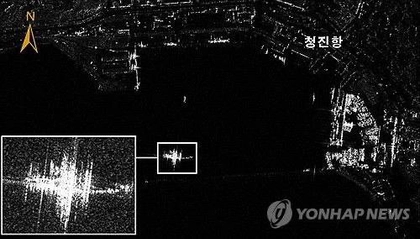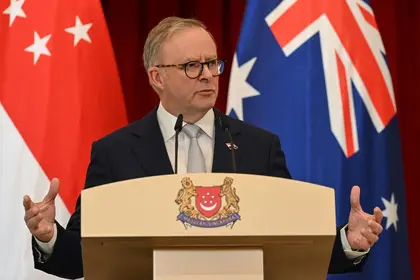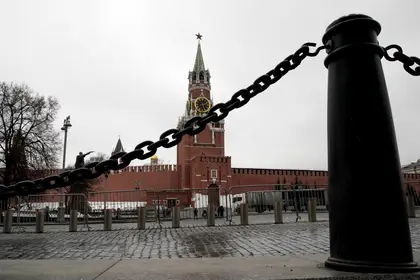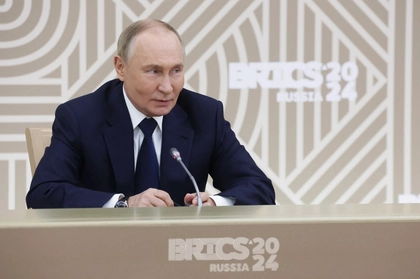Australia has blocked Russia from building a new embassy, prompting Moscow to “seek legal advice” in the latest development of a long-running diplomatic saga.
What’s the latest?
JOIN US ON TELEGRAM
Follow our coverage of the war on the @Kyivpost_official.
On Thursday, the Australian government announced that construction of the new building – just 400 meters (0.25 miles) from Australia's parliamentary precinct in Canberra – would not go ahead.
What was the reason given?
Australian intelligence officials warned the embassy poses a spying risk and security threat, situated as it would be so close to the heart of the Australian government.
Prime Minister Anthony Albanese told reporters: “The government has received very clear security advice as to the risk posed by a new Russian presence so close to Parliament House," he told reporters.
"We are acting quickly to ensure the lease site does not become a formal diplomatic presence."
Counterintelligence expert and former FBI agent Dennis Desmond said it was reasonable to suspect Russia would use the proposed embassy site as a base to spy on Australian politicians.
"The decision to place an embassy in a location obviously has very specific intent behind it," he told AFP.
"There's a variety of techniques and tactics they will use." Desmond said this could include signals intelligence and tailing Australian officials.
Former UK diplomat Alex Bristow, from the Australian Strategic Policy Institute, said it was likely the government had received an "emphatic" warning from intelligence agencies.

Up to 12,000 North Korean Troops Transferred to Russia, Satellite Images Show
"Given the proximity [to Parliament House], it could be a form of electronic surveillance operating out of the embassy," he said.
"Russia has some of the largest, most capable, most aggressive, and least constrained intelligence services in the world," he said.
"And they're given leeway that we would never give a Western intelligence service."
How has Australia blocked the construction?
It’s not been a simple thing for the Australian government to do. Russia holds the lease for the parcel of land and has already been laying the foundations for a new embassy building.
Russia acquired the lease to the paddock in 2008 through an agreement with the National Capital Authority, a federal government agency, and was granted building approval in 2011.
It planned to move there from its current site, a hulking brick building in an unfashionable part of the city overlooking a funeral parlor, a pub, and a petrol station.
Construction has progressed at a glacial pace and the site remains strewn with detritus and building materials.
Although the government was initially comfortable with the plans, it has been scrambling to tear them up as relations have soured in the wake of Russia's invasion of Ukraine.
But, after failing to block the development in the courts, the Australian government passed new laws on Thursday that were specifically drafted to halt construction.
Albanese said the laws were rapidly pulled together following a meeting of Australia's National Security Committee.
Has Ukraine commented?
Ambassador of Ukraine to Australia and New Zealand, Vasyl Myroshnychenko, told Kyiv Post that he welcomed the decision, adding: “Having a Russian embassy so close to the heart of the Australian government would definitely pose a security risk given what they’ve done in other capitals and cities and what they’re currently doing in Ukraine."
How has Russia reacted?
Not very well, with one Russian diplomat saying "the embassy is seeking legal advice" in the wake of the announcement.
The new laws, passed with bipartisan support, do not stop Russia from having a diplomatic footprint in Australia -- only from building so close to parliament.
The legislation also acknowledges that Russia may be eligible for financial compensation.
Albanese said he expected some blowback from Russia. "We don't expect Russia is in a position to talk about international law, given their rejection of it so consistently and so brazenly with their invasion of Ukraine," he said.
You can also highlight the text and press Ctrl + Enter






